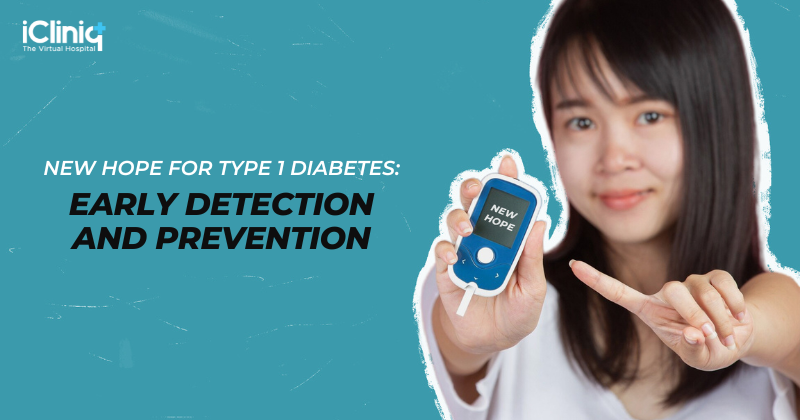New Hope for Type 1 Diabetes: Early Detection and Prevention

Type 1 diabetes is a disorder where the immune system targets and destroys the cells responsible for producing insulin, a hormone that helps control blood sugar levels. It often starts in childhood or young adulthood and can result in significant health issues if not properly managed. But the good news is that there is exciting progress in how we screen for and prevent type 1 diabetes!
1. Early Screening: Catching It Before It Starts
Scientists have developed new tests to identify people at risk for type 1 diabetes before symptoms appear. These tests look for specific blood markers that signal the immune system's attack on the pancreas. Early detection can lead to closer monitoring and earlier intervention, which may delay or even prevent the onset of the disease.
2. Immunotherapy: Teaching the Body to Protect Itself
One of the most promising areas of research is immunotherapy. This treatment involves training the immune system not to attack insulin-producing cells. Think of it as teaching your body to recognize these cells as friends, not foes. Early trials show that this approach can preserve insulin production and maintain normal blood sugar levels for longer periods.
3. Lifestyle Changes: Simple Steps to Lower Risk
Recent studies suggest that specific lifestyle changes might reduce the risk of developing type 1 diabetes. Breastfeeding for extended periods, gradually introducing solid foods, and maintaining a healthy gut microbiome are all being explored as potential protective factors. While more research is needed, these simple steps could make a big difference.
4. The Role of Genetics: Understanding Family History
Researchers are mapping out the genetic factors that contribute to the disease. This knowledge helps identify high-risk individuals and tailor prevention strategies to those who most need them.
5. Community Support: Joining Forces for Better Outcomes
Support from family, friends, and healthcare professionals is crucial for managing type 1 diabetes. Community programs and online resources provide education, emotional support, and practical tips for those at risk or already living with the condition.
6. Moving Forward: Hope on the Horizon
The advancements in screening and prevention are bringing new hope to those affected by type 1 diabetes. With continued research and innovation, we are moving closer to a future where this disease can be detected early, managed effectively, and possibly even prevented altogether.
The future of type 1 diabetes screening and prevention is bright. With new methods and research, we are closer than ever to detecting the disease early and finding ways to prevent it. Stay informed, stay healthy, and support ongoing research to help make type 1 diabetes a thing of the past.




